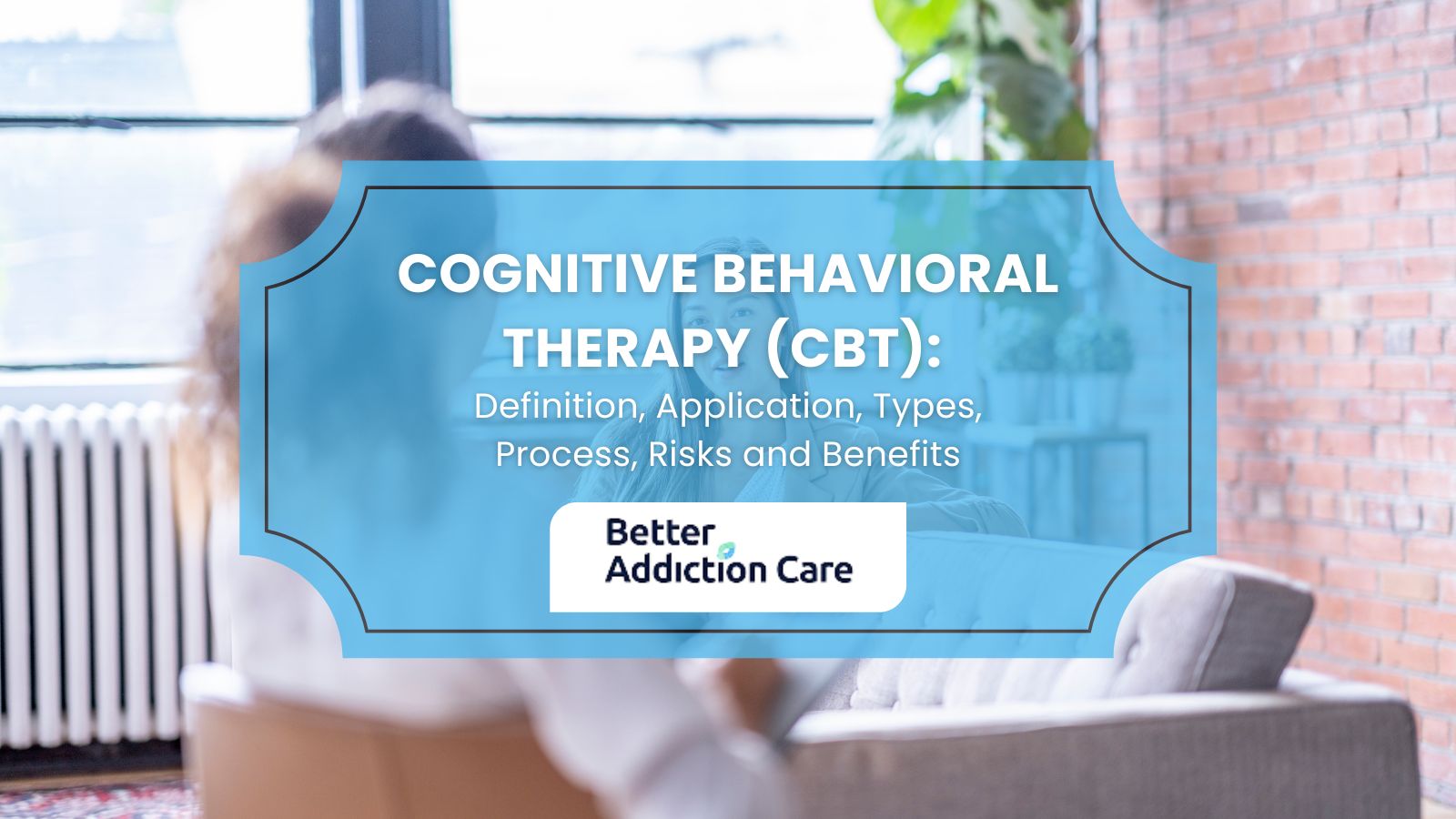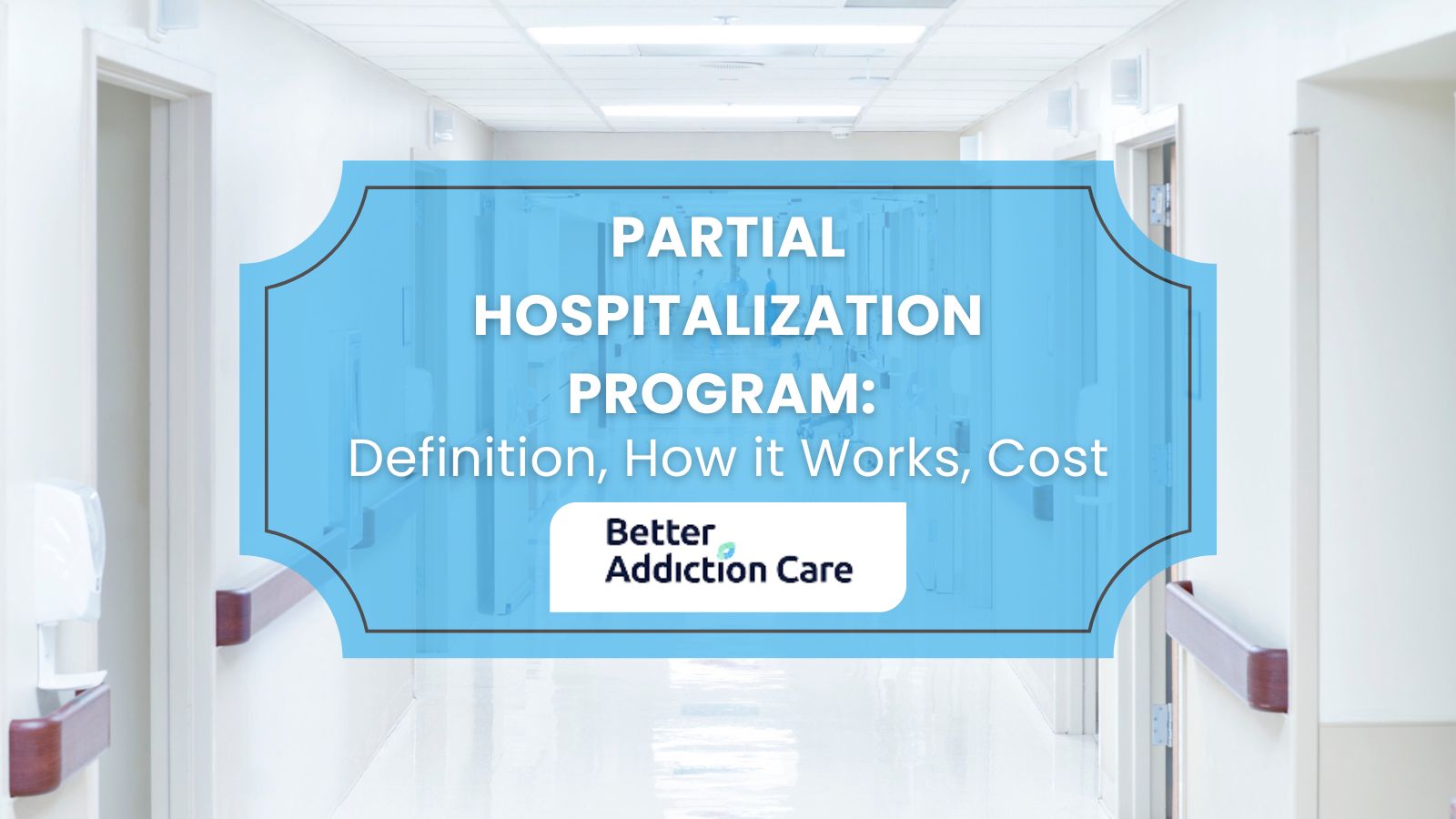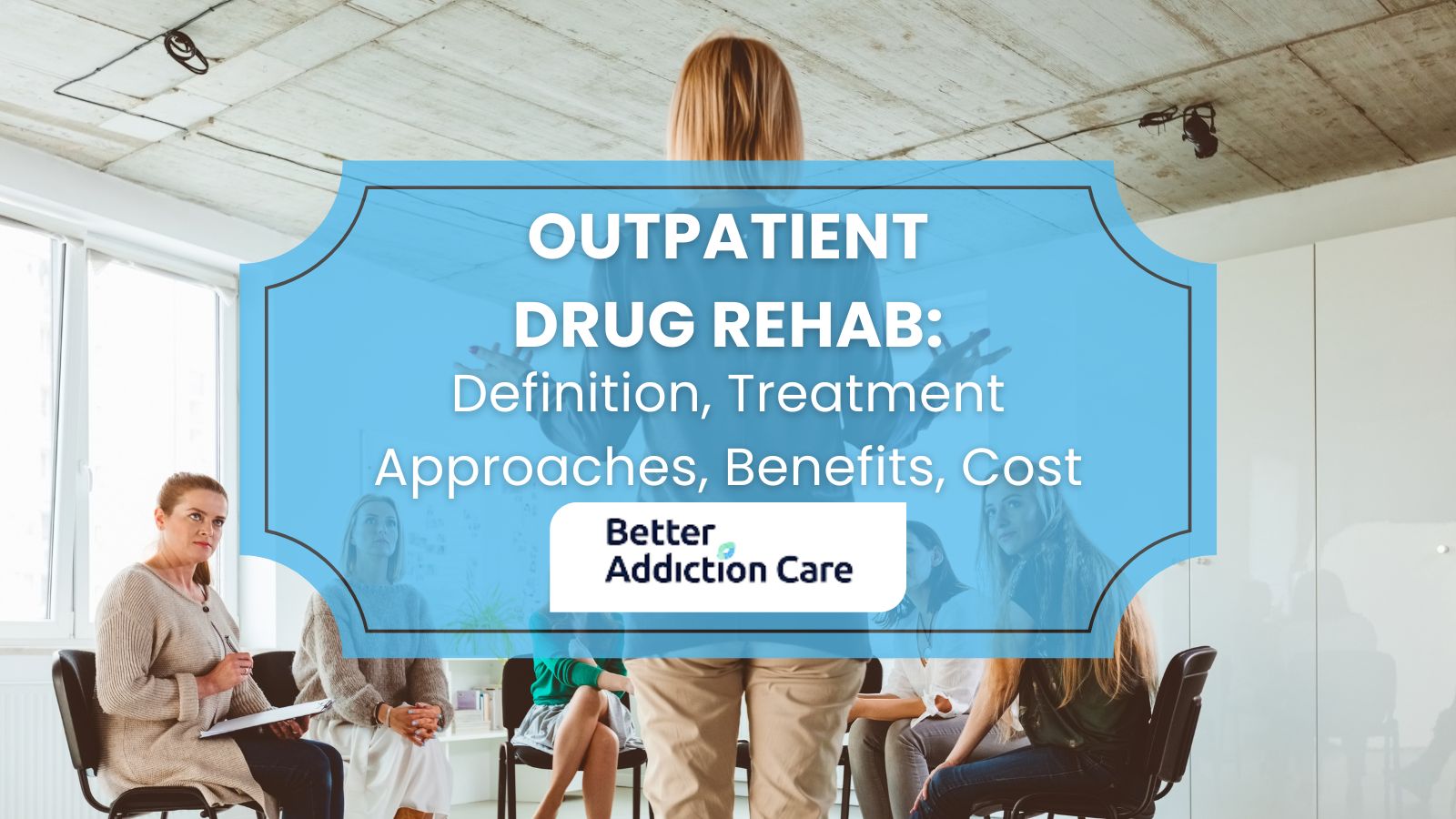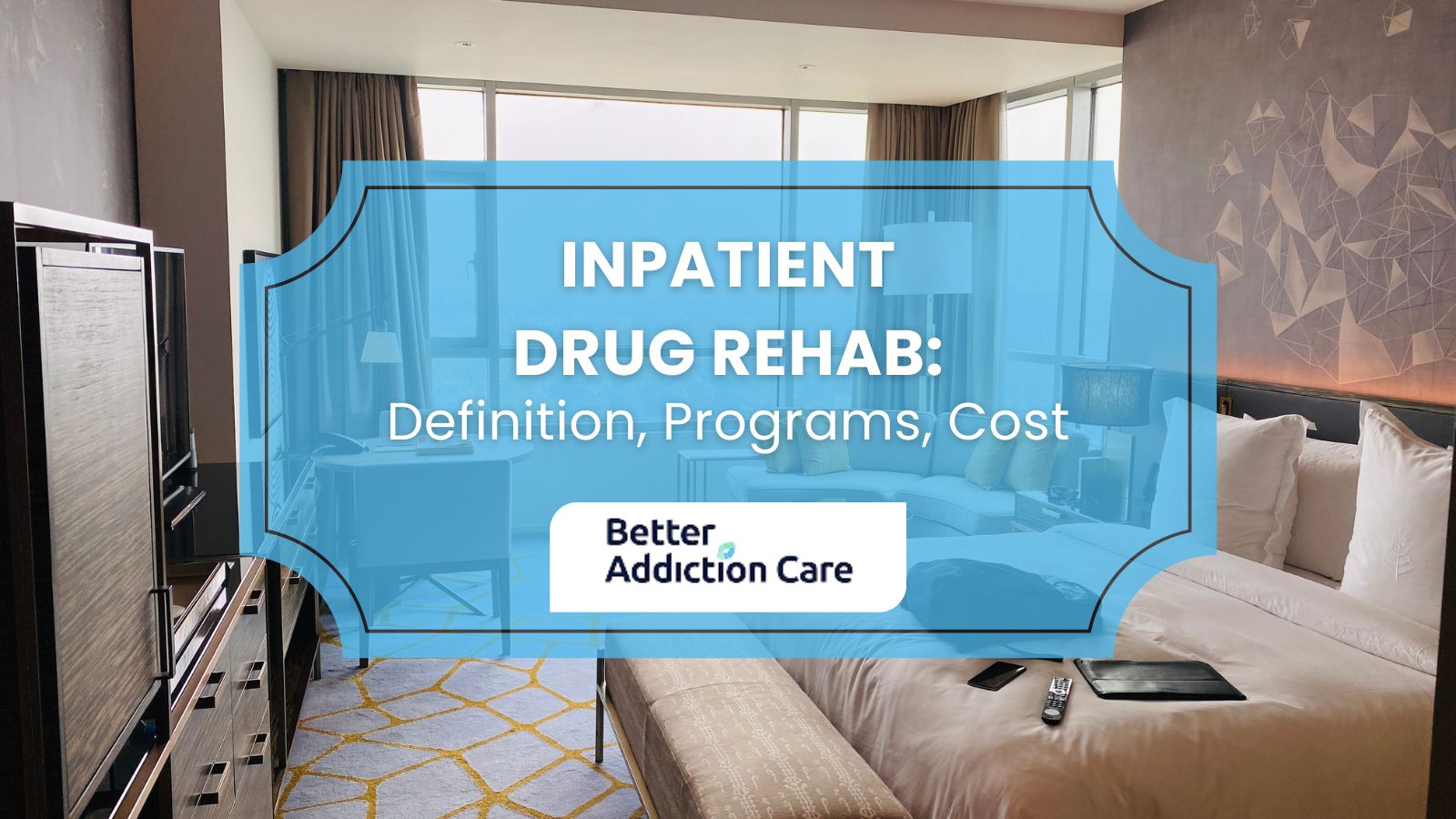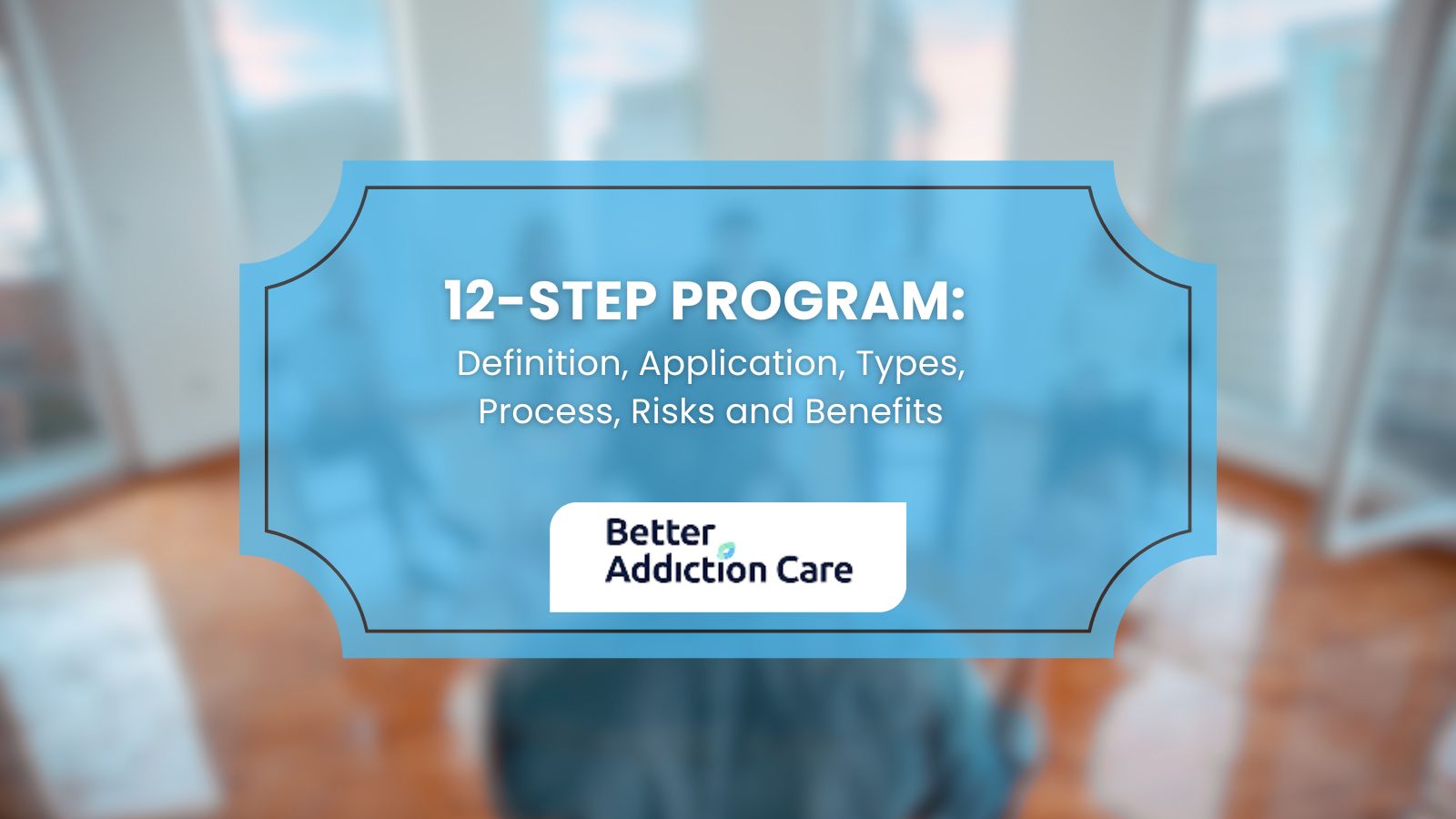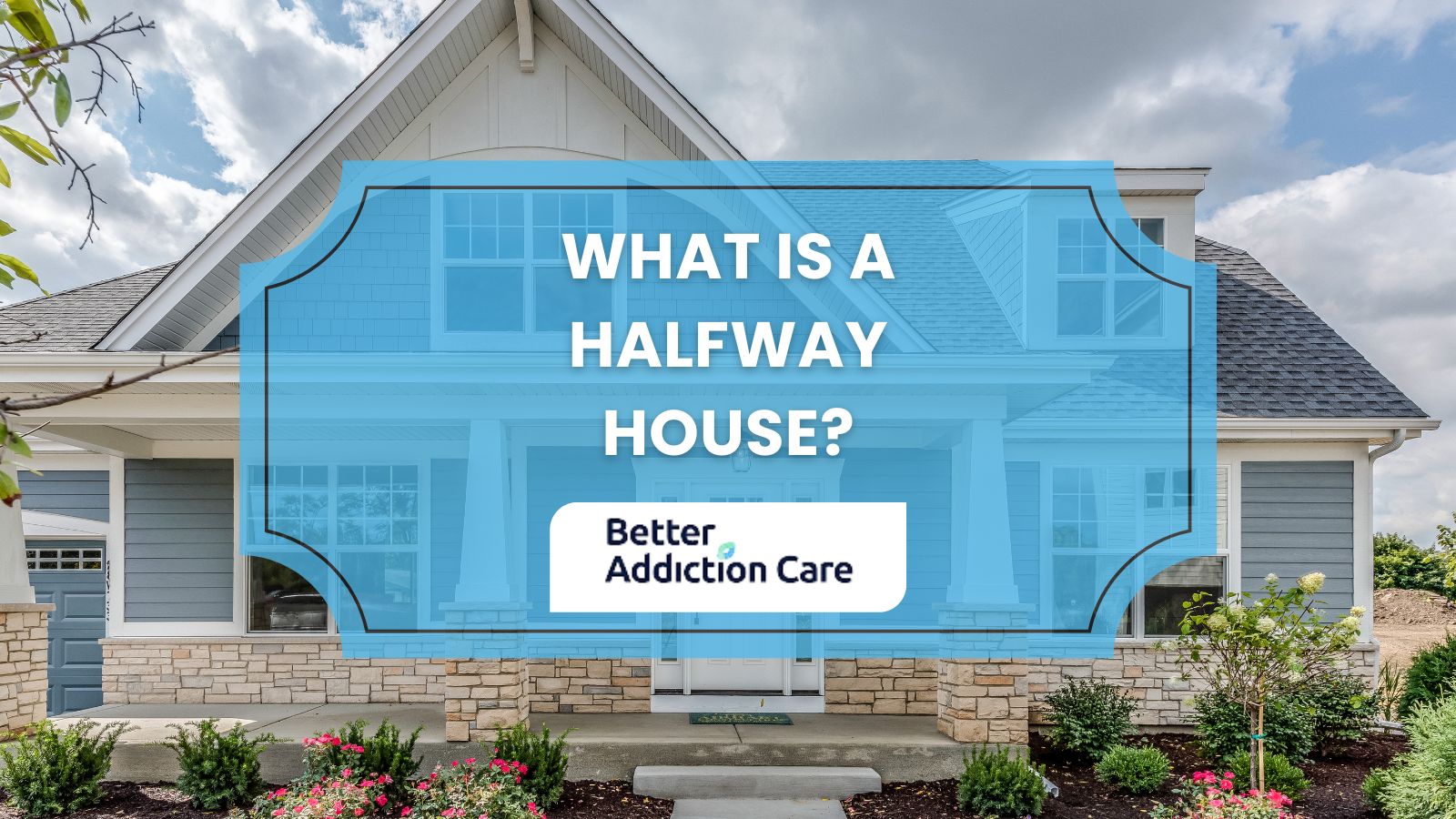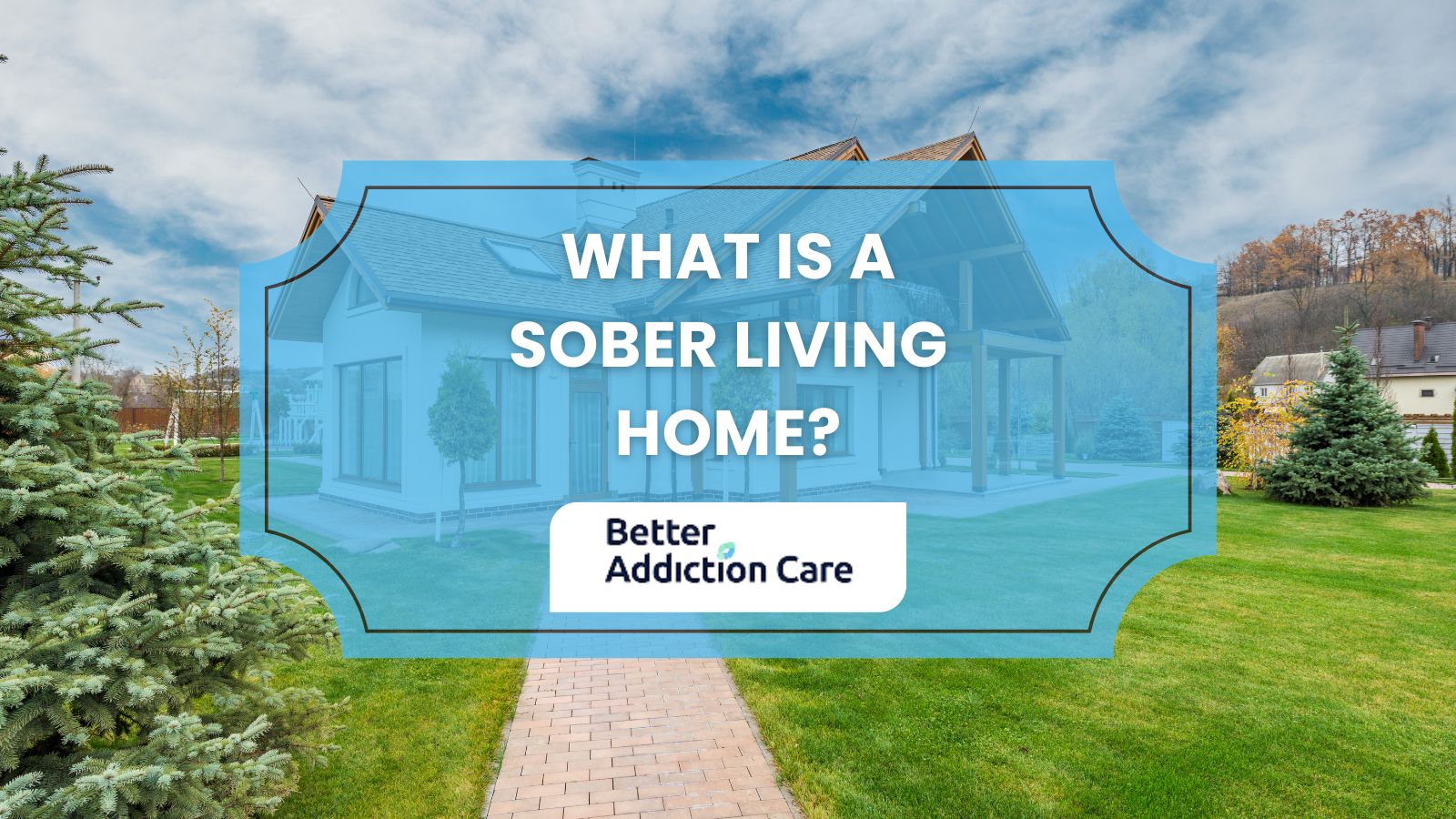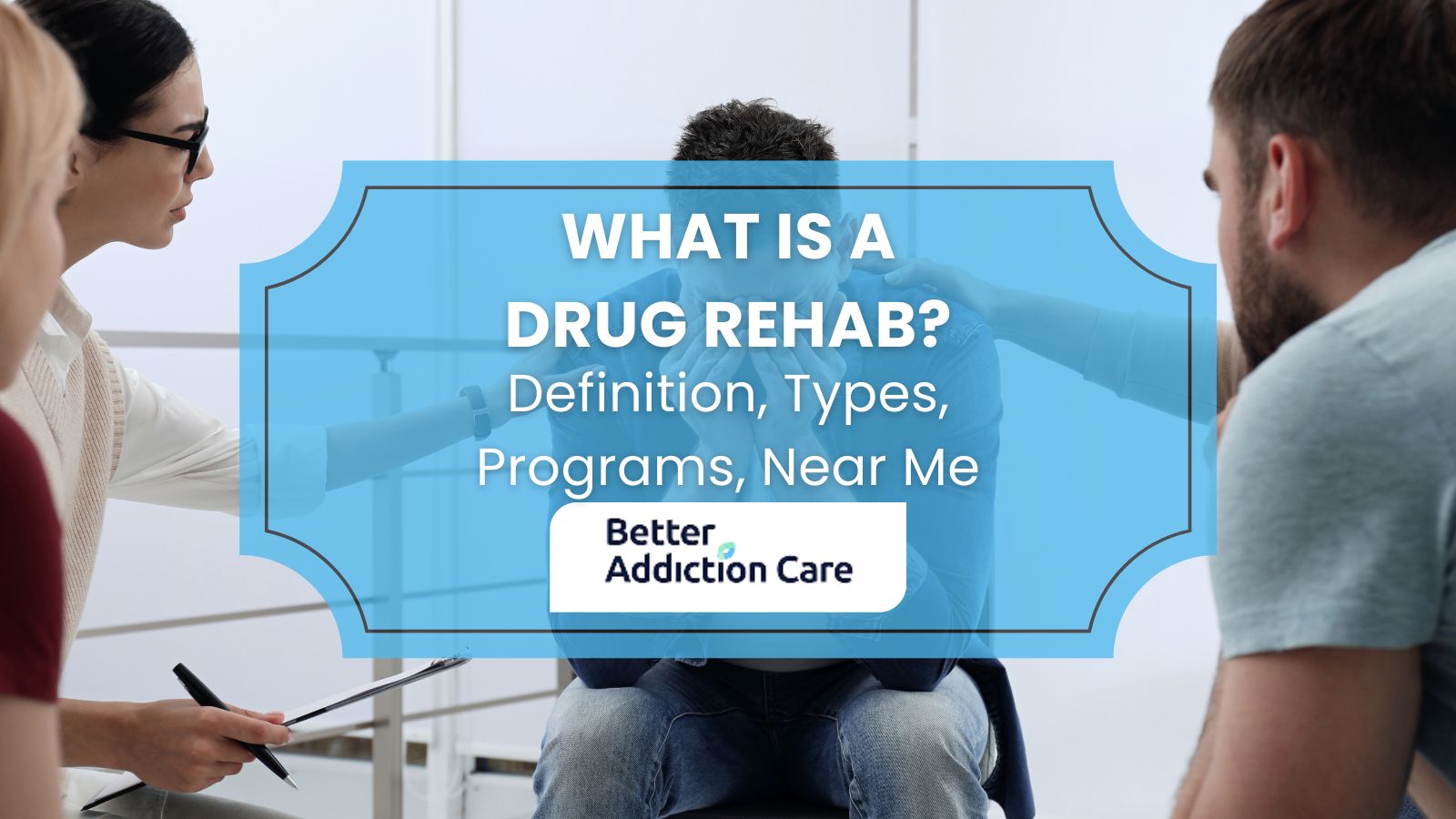
Overview
Bluebonnet Trails Community Services is a substance abuse treatment center for people seeking treatment near Guadalupe County. As part of their treatment modalities for recovery, Bluebonnet Trails Community Services provides cognitive behavioral therapy, telemedicine/telehealth therapy, and substance use disorder counseling during treatment. Bluebonnet Trails Community Services is located in Seguin, Texas, accepting cash or self-payment for treatment.
Bluebonnet Trails Community Services at a Glance
Payment Options
- Cash or self-payment
- Medicaid
- Private health insurance
- Federal military insurance (e.g., TRICARE)
- Federal, or any government funding for substance use treatment programs
Assessments
- Screening for tobacco use
- Comprehensive mental health assessment
- Comprehensive substance use assessment
- Interim services for clients
- Outreach to persons in the community
Age Groups
- Adolescents
- Children/adolescents
- Seniors
Ancillary Services
- Case management service
- Acupuncture
- Early intervention for HIV
- Mental health services
- Social skills development
Highlights About Bluebonnet Trails Community Services
6.89/10
With an overall rating of 6.89/10, this facility has following balanced range of services. Alcohol Rehabilitation: 8.00/10, Drug Rehab and Detox: 6.00/10, Insurance and Payments: 6.00/10, Treatment Options: 7.58/10.-
Alcohol Rehabilitation 8.00
-
Treatment Options 7.58
-
Drug Rehab and Detox 6.00
-
Insurance and Payments 6.00
Treatment At Bluebonnet Trails Community Services
Treatment Conditions
- Mental health treatment
- Alcoholism
- Substance use treatment
- Co-occurring Disorders
Care Levels
- Outpatient
- Intensive outpatient treatment
- Regular outpatient treatment
- Aftercare
Treatment Modalities
- Cognitive behavioral therapy
- Telemedicine/telehealth therapy
- Substance use disorder counseling
- Trauma-related counseling
- Smoking/vaping/tobacco cessation counseling
Ancillary Services
Languages
- Sign language services for the deaf and hard of hearing
- Spanish
Additional Services
- Pharmacotherapies administered during treatment
- Mentoring/peer support
- Breathalyzer or blood alcohol testing
Special Programs
- Clients with co-occurring mental and substance use disorders
- Clients who have experienced trauma
Contact Information
Read our Most Recent Article About Drug Addiction
DISCLAIMER: The facility name, logo and brand are the property and registered trademarks of Bluebonnet Trails Community Services, and are being used for identification and informational purposes only. Use of these names, logos and brands shall not imply endorsement. BetterAddictionCare.com is not affiliated with or sponsored by Bluebonnet Trails Community Services.
